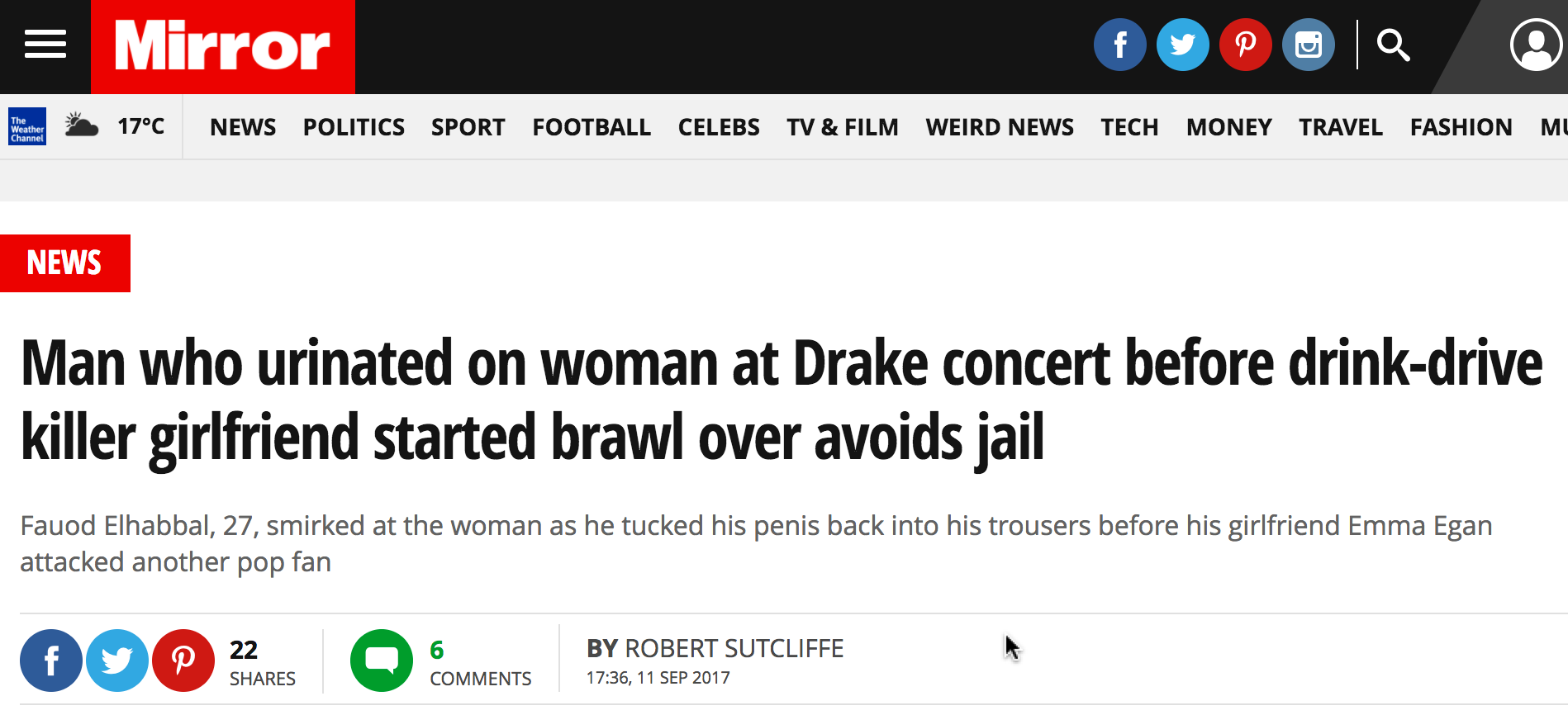Terry Provost wrote to express interest in the topic of "citation plagiarism", linking to a couple of Bill Poser's LLOG posts ("Citation plagiarism", 6/15/2007; "Citation Plagiarism Once Again", 4/23/2008), and noting that "yours was one of very few mentions of the topic I found". Provost points to a somewhat more recent article on a related topic (Charlie Tyson, "Academic Urban Legends", Inside Higher Ed 8/6/2014), and added "Bottom line, I think the subject is quite important, as concerns things like the Jick letter, NEJM".
That's a reference to a letter reporting only four cases of addiction in 11,882 hospital patients who were given narcotics: Jane Porter and Hershel Jick, "Addiction rare in patients treated with narcotics", New England Journal of Medicine 1980. The idea seems to be that a harmful conclusion was spread by people who cited the letter without considering its content — see Taylor Haney, "Doctor Who Wrote 1980 Letter On Painkillers Regrets That It Fed The Opioid Crisis", NPR 6/16/2017.
I'm following up on this note because Bill Poser's old LLOG post no longer accepts comments, and so Terry Provost added his remarks as a comment on a randomly selected recent article, which is something we discourage. This new post gives Mr. Provost a chance to say his piece. (The reason for closing comments on old articles is that we were logging about 10,000 spam comments per day, before we closed comments on posts more than a couple of weeks old. We still get plenty of spam comments, but the number is more manageable, since there are fewer targets. )
Read the rest of this entry »





